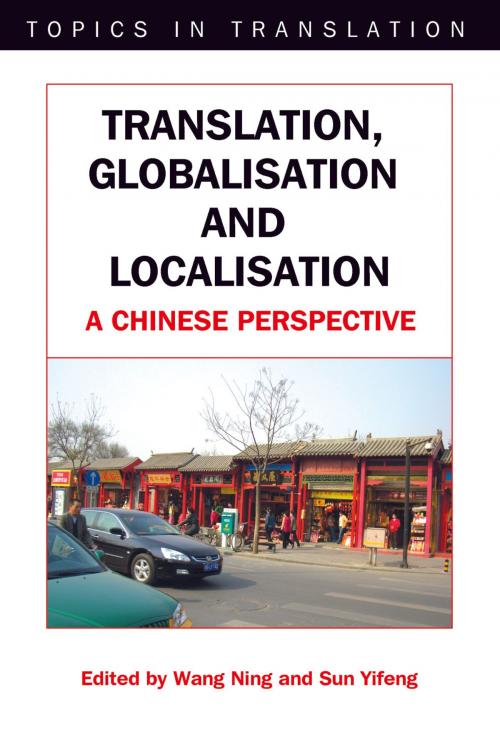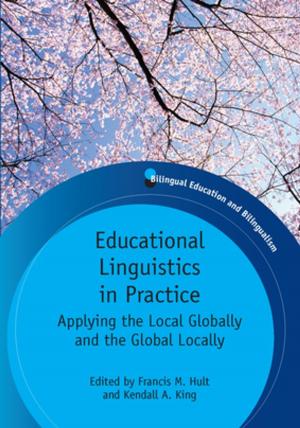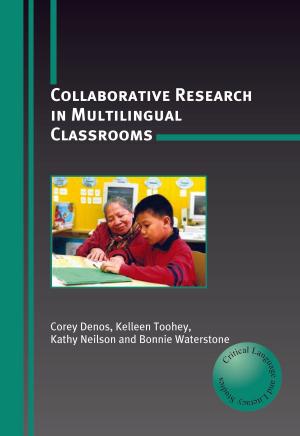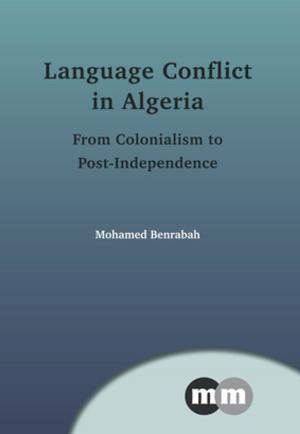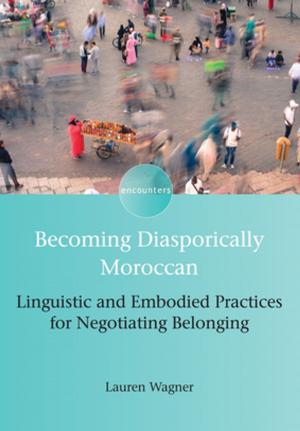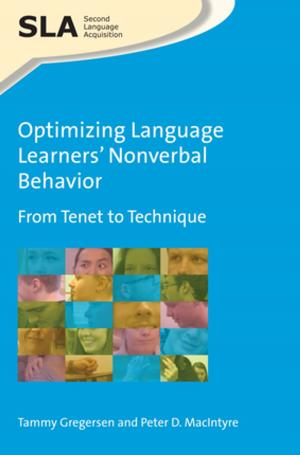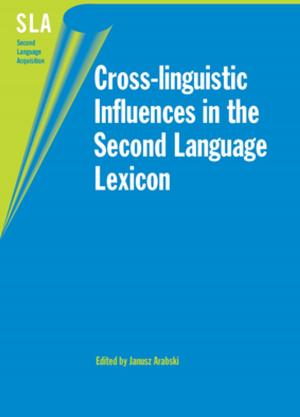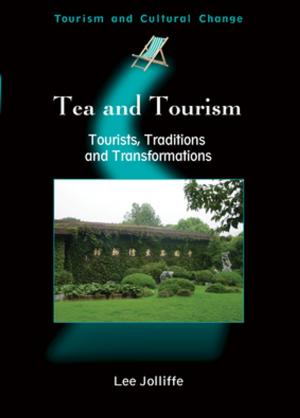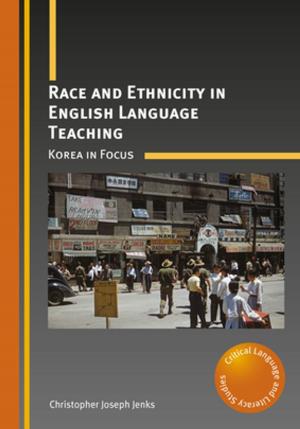Translation, Globalisation and Localisation
Nonfiction, Reference & Language, Language Arts, Translating & Interpreting| Author: | Wang NING and Sun YIFENG | ISBN: | 9781847695352 |
| Publisher: | Channel View Publications | Publication: | March 28, 2008 |
| Imprint: | Multilingual Matters | Language: | English |
| Author: | Wang NING and Sun YIFENG |
| ISBN: | 9781847695352 |
| Publisher: | Channel View Publications |
| Publication: | March 28, 2008 |
| Imprint: | Multilingual Matters |
| Language: | English |
The global/local distinction has changed significantly, and the topic has been heatedly debated in literary and cultural as well as translation scholarship. In this age of globalisation, the traditional definition of translation has been altered. In the present anthology, translation is viewed as a cultural and political practice, and accordingly translation studies is based on a heightened awareness of global/local tensions in translation and of its moderating and transforming impact on local cultural paradigms. All the essays in this anthology deal with issues of translation from a cultural and theoretic perspective with regard to tensions and conflicts between global and local interests and values. No matter how different their approaches may seem, the essays are thematically integrated to discuss translation in a dialectical framework: either “globalising” Chinese issues internationally, or “localising” general and international issues domestically.
The global/local distinction has changed significantly, and the topic has been heatedly debated in literary and cultural as well as translation scholarship. In this age of globalisation, the traditional definition of translation has been altered. In the present anthology, translation is viewed as a cultural and political practice, and accordingly translation studies is based on a heightened awareness of global/local tensions in translation and of its moderating and transforming impact on local cultural paradigms. All the essays in this anthology deal with issues of translation from a cultural and theoretic perspective with regard to tensions and conflicts between global and local interests and values. No matter how different their approaches may seem, the essays are thematically integrated to discuss translation in a dialectical framework: either “globalising” Chinese issues internationally, or “localising” general and international issues domestically.
